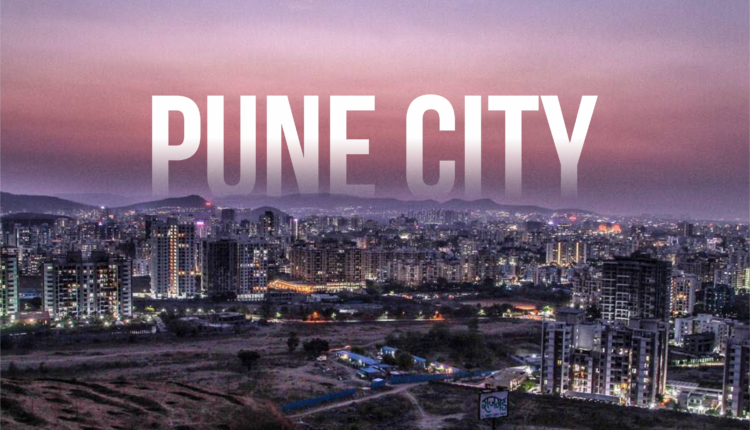The Cotton Association of India has urged the Centre to withdraw the 11 per cent import duty on cotton to help the textile industry access raw material (ginned cotton) at competitive prices even as farmer organisations have been protesting against moves to dilute the duty.
In a letter to Textile Minister Piyush Goyal, Atul Ganatra, president of the association, said most textile units in the country are functioning at 50 per cent of their capacity.
After a year of record-breaking prices, cotton growers across the country are holding on to their kapas (raw unginned seed cotton) in hope of good prices. At present kapas in most wholesale markets are trading at around Rs 7,000-8,000/quintal as against the government-declared minimum support price of Rs 6,080.
Ganatra, in his letter, said Indian cotton at present is ruling 15 per cent higher than international prices. Due to this, the availability of raw materials is severely hit. The imposition of an 11 per cent import duty on cotton has severely affected the competitiveness of value-added products from India in international markets, he said.
At present Indian candy (356 kg of ginned pressed cotton) is trading at Rs 66,000-67,000 while international prices are at Rs 63,000-64,000. So, Indian exports have more or less stopped.
The Indian cotton crop is slated to be 344 lakh bales (1 bale contains 175 kg of ginned pressed cotton). But given the holding of raw kapas by farmers, the availability of raw materials is severely hit.
Ganatra’s letter comes at a time when Indian growers are about to offload their produce in the markets. Earlier this cotton (October – September) marketing year, prices had shot up to Rs 9,000- 9,5000/quintal but failed to sustain. Most cotton traders said they expect the prices of kapas to remain between Rs 7,000-7,500/quintal for the rest of the season.
However, cheap imports can dampen the prices further, cotton ginners pointed out. Farmer leader Anil Ghanwat of the Shetkari Sanghatana called this demand by the association unfair. “When cotton prices at the international markets are higher, this lobby demands export bans to reduce domestic prices. Removing cotton prices at this stage will reduce raw cotton prices which will hurt cotton farmers severely,” he said.


